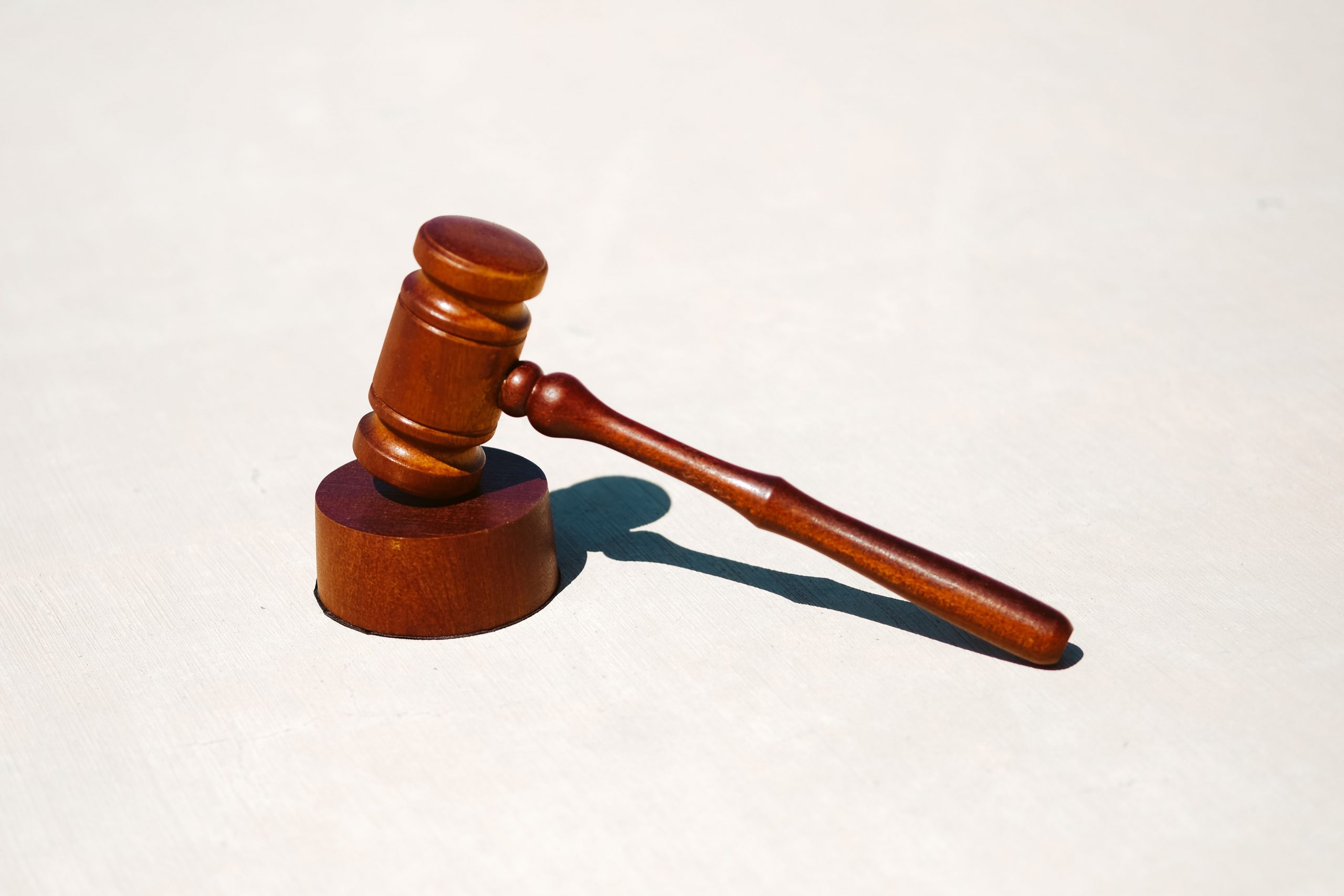“Basic protection
of human decency and dignity extends to sex workers and their children, who,
bearing the brunt of social stigma attached to their work, are removed to the
fringes of society,” the Indian Supreme Court said in its order in Buddhadev
Karmaskar vs. State of West Bengal and ors, reaffirming Constitutional
values that seldom find currency in the lives of sex workers living and working
in India.
A three-judge
bench of the Supreme Court comprising Justices L Nageswara Rao, BR Gavai and AS
Bopanna, hearing a petition concerning the rights and rehabilitation of sex
workers, observed that sex workers are entitled to all basic human rights and guaranteed
in the Constitution, and police should not abuse those engaged in sex work
verbally or physically.
Legality of sex
work in India
Sex work, or
prostitution, is legal in India. Despite the legal status, sex workers are
often victims of police harassment and are prevented from accessing basic
services available to the citizenry. The Supreme Court, in its order, sought to
ensure these protections, at least until the legislature came up with rules the
ensure the dignity of sex workers.
“The fundamental
rights are guaranteed to every citizen of the country irrespective of his or
her vocation. There is a bounden duty on the government to provide basic
amenities to citizens of the country,” the Supreme Court observed hearing the
petition filed by Durbar Mahila Samanwaya Committee, a collective of sex
workers based out of Kolkata, West Bengal.
India’s
legislative position on sex work is slightly difficult. While sex work is
legal, running a brothel is illegal. As is soliciting sex in public places.
This is not the case in most other nations where sex work is legal. For
example, Germany, where sex work is legal, the state runs brothels and provides
several social benefits to sex workers.
Among the critical
observations made by the Supreme Court on lives of sex workers, was its order
to the Indian Union government to ensure Aadhaar for them. The Aadhaar serves
as a citizen identity marker that allows Indians to access several welfare
services.
“It is great
achievement providing citizenry identity to sex workers,” said Biplab Mukherjee
to the New York Times. Mukherjee, who is an adviser to the Kolkata-based collective
party to the case, added: “This involves years of struggle and decades of
suffering of hundreds and thousands of sex workers in the country.”
Ensuring social
security
There are around
900,000 sex workers living and working in India. They have a tenuous
relationship with India’s law enforcement agencies. The Supreme Court’s order
sought to ensure that sex workers enjoy the protections of law and are treated
as equal before law.
The Supreme Court’s
order is based on the recommendations of a committee formed in 2011 to examine
the lives of sex workers. The panel made 10 recommendations to ensure the dignity
of sex workers in accordance with Article 21 of the Indian Constitution.
The Centre’s
objections
India’s Union government,
however, has expressed its reservation with some of these recommendations. One
of the chief contentions of the Centre is with regard to the point that “voluntary
sex work is not illegal and only running the brothel is unlawful.”
The Centre has
also objected to the recommendation that states: Sex
workers are entitled to equal protection of the law. Criminal law must apply
equally in all cases, on the basis of ‘age’ and ‘consent’. When it is clear
that the sex worker is an adult and is participating with consent, the police
must refrain from interfering or taking any criminal action. There have been
concerns that police view sex workers differently from others. When a sex
worker makes a complaint of criminal/sexual/any other type of offence, the
police must take it seriously and act in accordance with law.
As well as with the recommendation that:
Whenever there is a raid on any brothel, since voluntary sex work is not
illegal and only running a brothel is unlawful, the sex workers concerned should
not be arrested or penalised or harassed or victimised.
Further, the Indian government has also
objected to the recommendation that the Central and state governments should
involve sex workers and/or their representatives while making policy on sex
work.
The Supreme Court’s directions
The Supreme Court will hear
the Centre’s observations on the recommendations after the summer vacation. The
court has also said that there should not be any breach of confidentiality while
issuing Aadhaar and other documents and has also warned the media against revealing
the identities of sex workers.







